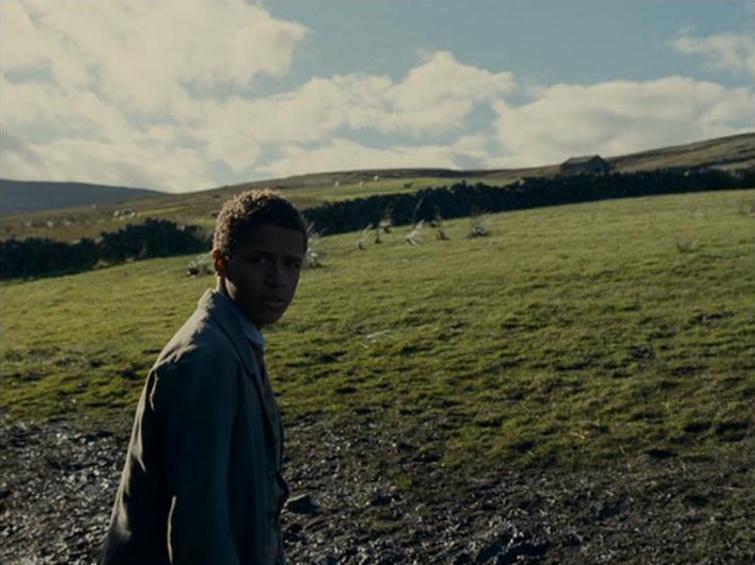
HanWay Films / Screen Yorkshire / Goldcrest Films;
© 2012 Oscilloscope Pictures
 |
| Photo
© 2011 UK Film Council / Film 4 / Écosse Films/ HanWay Films / Screen Yorkshire / Goldcrest Films; © 2012 Oscilloscope Pictures |
| Awards: | |
| Venice Film Festival: Best Technical Contribution (Robbie Ryan, cinematography) | |
| Permalink | Home | 2011 (wp) | 2012 (us) | ABC |